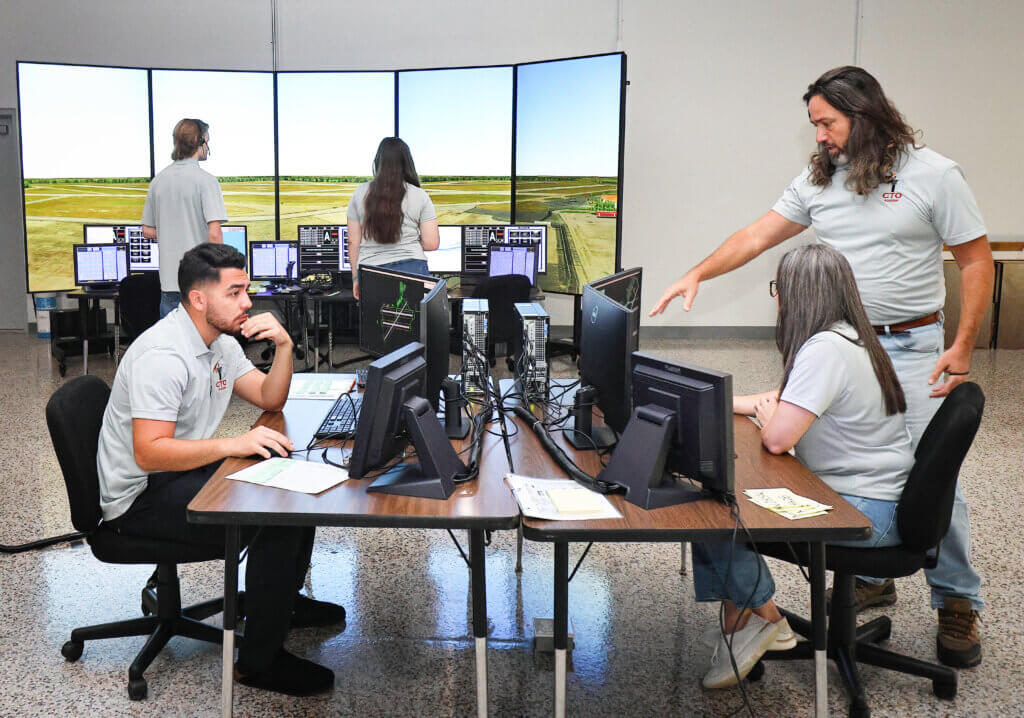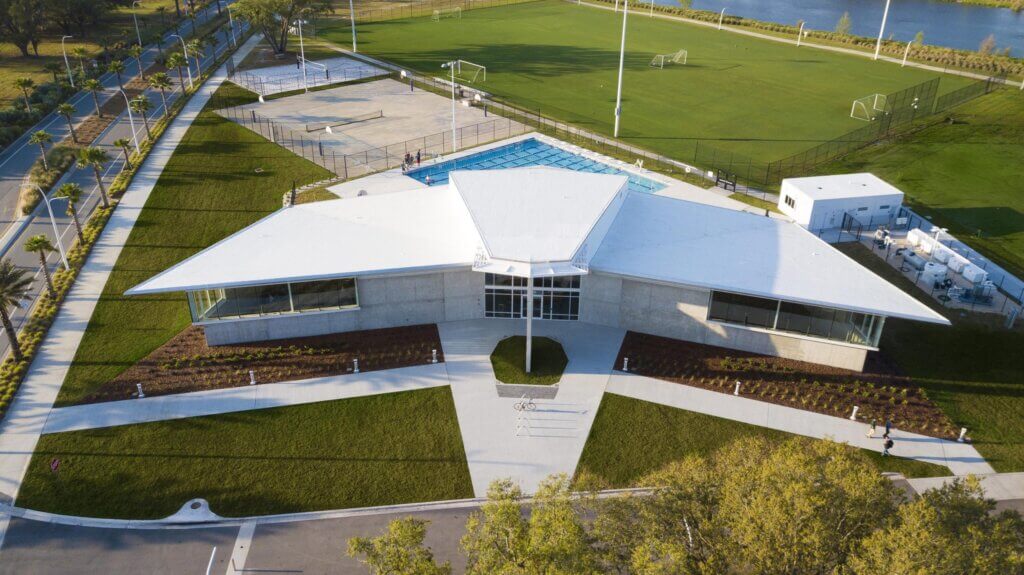Florida Poly Breaks Top 75 on U.S. News List
Florida’s only STEM-focused state university has landed on U.S. News & World Report’s Best Engineering Colleges Without a Ph.D. list for the first time, ranking No. 72 out of 220 schools across the nation.
In its sixth year, Florida Polytechnic University is the only undergraduate engineering program in the state to appear in this category, and among the top 40 public engineering programs without a doctoral degree in the country. Rose-Hulman Institute of Technology in Indiana was the No. 1 school on the list.
“Florida Poly students can now be more reassured in the quality of the degrees they are pursuing and feel proud to attend a nationally recognized engineering university,” said Dr. Randy K. Avent, president of Florida Poly. “The U.S. News & World Report ranking highlights institutions that not only have some of the strongest academic engineering programs in the country but also enjoy a stellar reputation among their peers. Florida Poly’s debut at No. 72 shows that we have achieved something many older universities have sought for years.”
Avent also said the ranking is “evidence that our faculty are engaged in research and teaching, and that Florida Poly has a positive impact that is now recognized at a national level.”
The list was developed using peer assessment surveys. Programs on the list must be accredited by ABET, a nonprofit, non-governmental agency that accredits programs in engineering, engineering technology, applied and natural science, and computing.
Strong Academic Programs
In the 2019-2020 academic year, Florida Poly’s Computer Engineering, Electrical Engineering and Mechanical Engineering programs received that accreditation, which is not permanent but can be applied for on an ongoing basis. Accreditation means the program has undergone a rigorous review and meets the quality standards necessary for graduates to pursue jobs in their technical fields.
Florida Poly offers degrees in high-demand areas of study that are critical to economic growth and job creation. Students in STEM (science, technology, engineering, and math) programs are becoming the engineers, computer scientists, cyber track experts of the future. Some students have already started their own businesses while others have been working with professors to do research in the university’s Advanced Mobility Institute.
Coming off a huge increase in freshman applications before the coronavirus pandemic, including a more than 45 percent increase from out-of-state students, the university started the academic year with about 85 more students in the freshman class than last year.
Those students have higher SAT and ACT test scores, as well as overall grade-point averages.
“When we are talking with prospective students and families, we always start with the quality of the programs of study and faculty at Florida Poly,” said Dr. Ben Matthew Corpus, vice provost of enrollment. “This, along with the applied nature of the curriculum and in-state tuition of $4,940 compared to $50,000 a year at other STEM universities, has brought a great deal of attention. Having a Top 75 national ranking in U.S. News validates quality, much like ABET accreditation, (it adds) an imprimatur of excellence and relevance in comparison to the hundreds of other institutions around the country.”
Project-Based Learning
The university takes pride in its project-based learning instruction.
Dr. Matt Bohm, director of industry engagement and associate professor of mechanical engineering, said project-based learning helps Florida Poly students achieve success.
“In a ‘typical’ classroom setting you generally talk about theory, explain how certain equations came to exist, the process of applying those equations to specific problem domains, and then say go do questions 8 to 25 in chapter 16 for your homework and then you’re done,” Bohm said. “Project-based learning expands beyond that so after students have worked those homework problems, we go into a laboratory or other setting and apply that theory to real life.”
So, at Florida Poly, aerospace engineering students may learn the equations associated with “lift” as described in the Bernoulli principle, then “go into a lab and verify the theory using a small wind tunnel or other experiments.”
“This hands-on experience immensely helps students because companies typically don’t hire engineers just to be experts in theory,” Bohm said. “Companies hire engineers who know the theory and are able to apply that theory to a real-world problem they are trying to solve.”



